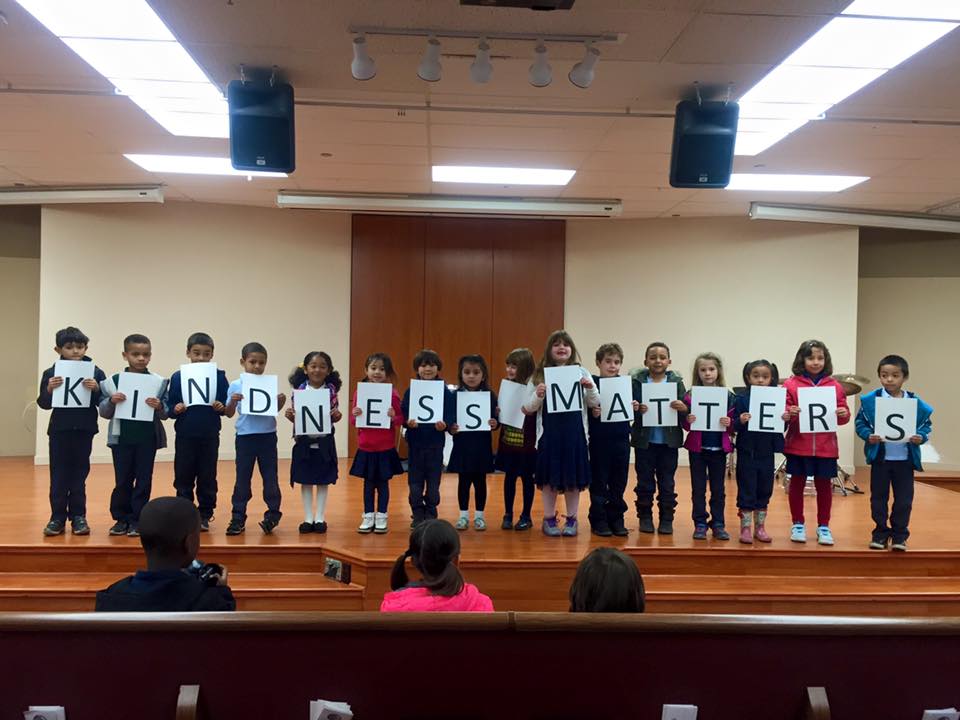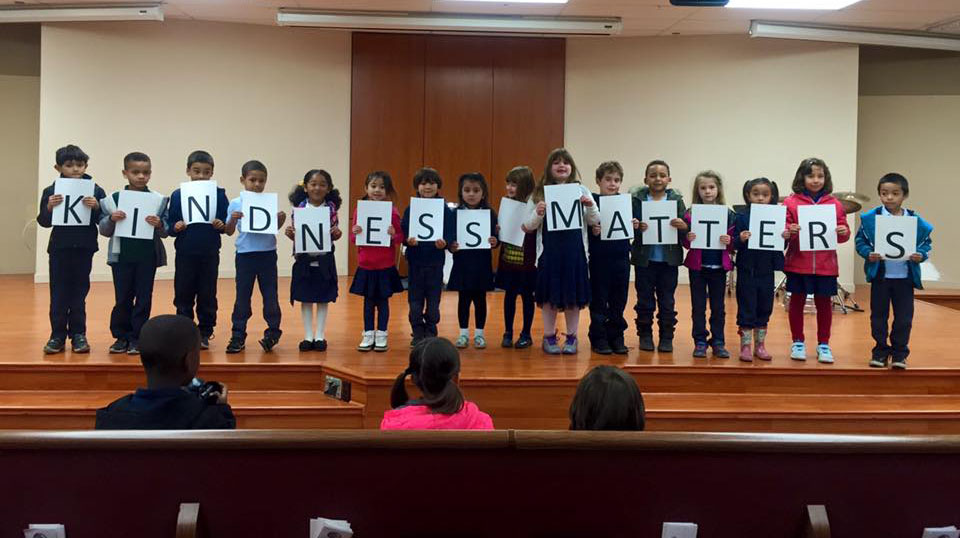Commentary: True Teaching Cultivates the Whole Child
The following article by Unificationist Mose Durst was originally published here on September 22, 2016, by East Bay Times.

Disappointing test scores once again plague California schools. Our best students are barely proficient, while the gap between African-American, Hispanic and white and Asian students has grown. Poverty, joblessness and the frazzling of families and communities are certainly some of the causes of the gap.
Schools have sought to narrow the gap by focusing on test scores and teaching to the test. But this emphasis seems to me to be misplaced. Children who do well in school are raised in families that are strong, secure and nourishing with parental love and care. An extended family or religious community provides additional support for such students.
Although teachers and schools cannot replace what families and communities provide for students, much can be done to provide additional support for struggling students. The culture of schools can make a huge difference in student success. Now, the culture of most schools is largely determined by the emphasis on tests and a fear of failure. An alternative culture, where students feel secure and valued, is a culture of love. Students need to feel that they are valued as persons and that this value can be drawn out each day.
To build this culture, a movement of social-emotional learning has been developed as part of a character education curriculum. Professor Martin Seligman at the University of Pennsylvania and a number of character education organizations have identified 24 basis strengths in potential within each person. These strengths need to be actualized through the process of social-emotional learning.
So, for example, students have the potential for empathy, compassion, gratitude or other strengths. Activities can be designed to help students in self-awareness, self-management, social awareness and social management. If a student is angry, he or she may not be aware of that anger or how to express the emotion constructively. Students can learn to listen deeply by practicing mindfulness. Activities for cooperative learning can be designed so that students realize that leadership is based on those who serve the most.
The youngest children, for example, have a basic sense of empathy. But this empathy needs to be nourished at every stage of a development. From preschool through middle school, students spend more than 10,000 hours in class. During this time, the sense of empathy can develop into a foundation for compassion.
In a similar manner, young children have a basic sense of fairness. They understand when something is not right or just. But this sense also needs to be nourished at every grade level so that students can develop a sense of justice as they begin their high-school years.
If the culture of a school promotes compassion and justice in all its activities, students feel a deep support that allows them to flourish. They feel cared for rather than judged. Love is a much greater motivator than fear. Academic success comes on the foundation of social and emotional success.
In one sense, teachers and schools can do more with less. The focus on emotional intelligence — EQ — is at least as important as IQ. Research indicates that students with EQ are less aggressive and learn more effectively. Thus, by setting social-emotional goals early in the day and throughout the culture of the school, students are more open to learning and less prone to disruption or distraction. Teachers can get on with teaching and enjoying responsive students.
Yes, we want smart kids who do well on tests but we want happy and responsible students who will flourish as healthy people.
Mose Durst, Ph.D. is the president of The Principled Academy in San Leandro, a leading character education school for preschool through 8th grade. Find out more about this institute at www.principledacademy.org.


Kathleen Sabo
| #
The website is: http://www.upliftingeducation.net/life-goals-approach
Reply
Natalie
| #
How can you do a serious character education without mentioning God? Do you think you can substitute kindness for God? I believe no substantial progress can be maid without foundation
Reply
Kathleen Sabo
| #
Based on the IEF materials of the 90s, I wrote a book specifically for public schools and the general population without mentioning God. Of course, God is all throughout the book but the actual word God is not mentioned.
The International Education Foundation made an incredible foundation in this area (in China and Russia) and since the materials were written in the 90s, I updated them.
It can be accepted by all types of spiritual backgrounds because it’s based on universal principles.
See the website above for more details.
Reply